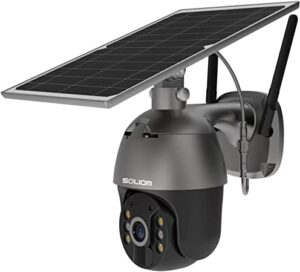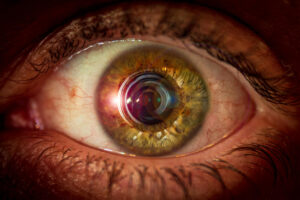You’ve probably heard the saying that a picture is worth a thousand words. This can also be applied to home security camera footage, which could help you recover your losses or even apprehend criminals who have broken into your home or car. Here are some of the most important things you should know about these systems:
Hooking up Your Security Camera to Your Network
It’s best to install each device on its own separate channel so it won’t interfere with the other cameras in your setup. You’ll also need a DVR unit and a monitor for recording purposes, but you can use any TV set as well.
How do I evaluate a security camera system
This depends on your needs and preferences. For example, if you want to monitor your newborn, you’ll need a camera with infrared capabilities. If you only want to keep track of the areas that are open to the public (like your office), then regular cameras will suffice.
It’s also important that you check the warranty period and replaceable components before purchasing anything. Lastly, never leave any cords exposed; these can be easily tampered with for someone who wants to poison or short-circuit your entire system.
Where should I install my security camera system
Since thieves usually focus on valuable objects within arm’s reach, it would be best if you place them at least three feet above ground level. Make sure they’re mounted in an area where the average person wouldn’t notice anything out of ordinary as well.
How do I set up my security camera system
Depending on the manufacturer and model, you’ll first need to establish a connection between your DVR and your computer. Once this is done, it’s just a matter of choosing which device to monitor via live streaming or video recording. What are the benefits of using one in my home?
Uses of Home Security Cameras Systems
1. Monitor your property even while you’re away.
2 . Identify possible break-in attempts before they happen.
3 . Place cameras near high-risk areas like windows, doors, and garages.
4 . Keep track of the contents (i.e., valuables) inside your home to avoid theft.
5 . Deter criminals who think twice before trying to break into your house/office if there’s a chance that they might get caught in the act.
6 . Use footage as evidence against thieves or burglars for insurance or police purposes.
7 . Monitor children at play or sick people who need help around the house/hospital room, etc., when no one else is available to do so on short notice.
8 . Keep an eye on your pets or livestock when you’re away.
9 . Make sure employees are doing their jobs and working hard on the job.
10 . Use it to observe areas that can benefit from additional security such as hallways, doorways, storage closets, vents, loading docks, etc.






Related Posts
A Comprehensive Guide to Home Security Cameras Systems
Types of Spy Cameras
Some Of The Best Outdoor Cameras